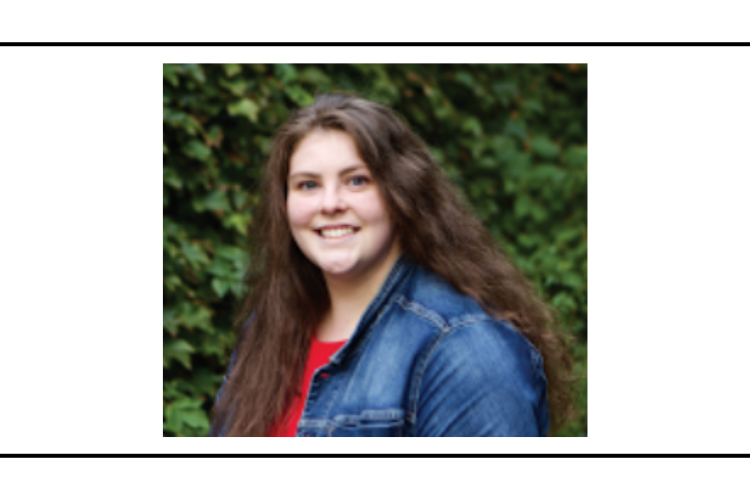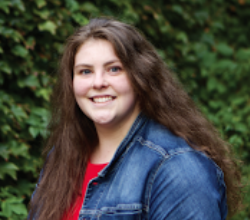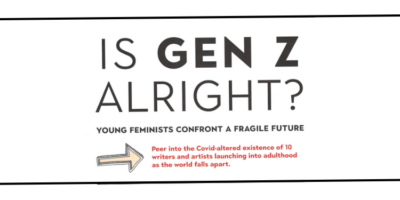
Cohabiting in a Pandemic

One night in January, we saw a rat in my boyfriend’s kitchen. We heard it first, strutting between the pots and pans and knocking spoons off the countertop. Then, it emerged. We watched it waddle across the floor and burrow beneath the sink, fearless.
We gave it a name: Big Boy.
“Oh yes,” my boyfriend’s landlord admitted. The centuries-old farmhouse, located at the border of Cambridge, was no stranger to pests. The walls were thin and the rooms were drafty, full of holes to patch and fixes to be made. The landlord tutted and poked at the fire in the woodstove.
“We need to get rid of them,” Michael said, “They’re eating the food in the pantry and—”
“Oh, don’t mind the boys, Michael!” his landlord chuckled, shuffling the Sunday paper in his hands.
That night, we drove through the slushy city snow to my apartment with another pile of Michael’s clothes in the back seat. “I just—” he paused and smirked at me. We stared at each other, wide-eyed: “Don’t mind the boys, Michael.”
And just like that, I knew that I would never let him sleep next to Big Boy again.
On February 1st, we ate Chinese food on the rug in the living room of our new apartment, because that is what young couples do in movies and because we didn’t own any furniture yet. Our muscles were tired from carrying boxes up and down the stairs, from finding water glasses buried beneath cutlery and pie plates. We listened to a podcast about a new virus in China, and remembered the swine flu a decade before. “I had it,” I told Michael. “In the sixth grade, I brought it home to New Hampshire from a Massachusetts mall.”
“It was just a fever, like a little flu,” I added. I took another bite of lo mein and lay on my back. A moment later, Michael joined me. We stared at our living room ceiling, white and blank, like it was the night sky.
“What if we don’t get along?” I asked.
“We won’t,” he answered. “I think that’s part of it. Think of it as a social experiment.”
As March wore on, the trains grew less crowded. The beginning of my day had been punctuated by being pressed against the window of a train car, steeping in the smell of perfume and baby food and the fragile cardboard scent of grocery bags from Trader Joe’s. And then one day, all the people who owned cars grew scared enough to drive them. The last of us on the train forged a sort of camaraderie— the bond of those who had no other choice.
“I feel so lost,” I told my mom over the phone as I walked home from the train.
“I know, baby,” she answered. “Part of that is the world. And part of that is being 23.”
Michael worked from home even before the pandemic, and each day I returned from work to find him waiting for me. I would close the door, breathe in the smell of home, and collapse onto his chest before my work bag slid off my shoulder and onto the floor.
At night, we would ask into the dark, “Can you sleep?”
Undoubtedly, the other would answer, “No.”
Google automatically suggested a chart of virus data by state on the Covid Wikipedia page whenever I tapped on the search bar.
We took turns panicking. One read new articles while the other cupped their face in their hands, snorting in disbelief that we had front row seats to the end of the world. The scariest headlines, featuring droves of unmasked protesters at conservative political rallies, reminded us of Michael’s old landlord: “Don’t mind the boys.”
When, we asked, would someone “mind the boys?” It was like watching a house catch fire, only to hear the trapped occupant share how much they loved the smell of barbecue.
As the months wear on, and the virus continues its rampage, I have no great insight to offer. I refuse to allow the deaths of over a million people worldwide be a channel for my self-discovery. No, being lost in an age of loss is how I am spending my 23rd year, and likely my 24th. We’ve been forced to make a home in it—all of us. May we always be so lucky as to find love waiting for us at the door.
Kira Yates, a writer who works in development at a Synagogue in Boston, is a former Lilith Intern.



